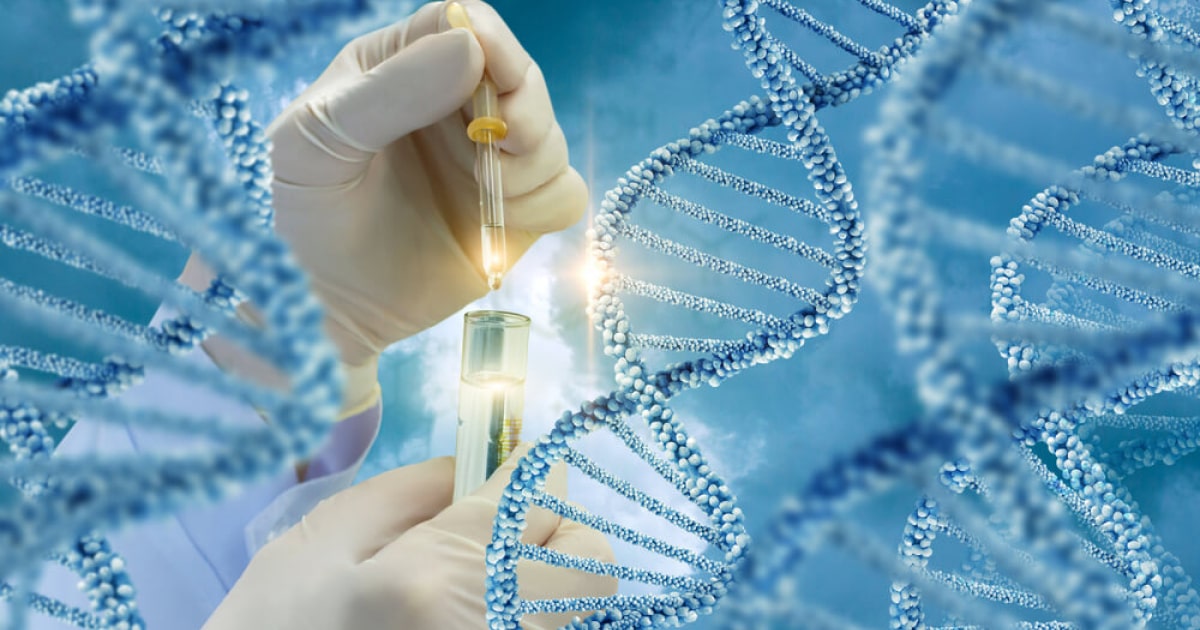
Expert Reviewed By: Dr. Brandon Colby MD
Introduction to Microcephaly 9, Primary, Autosomal Recessive
Microcephaly 9, primary, autosomal recessive is a rare genetic disorder characterized by a significantly smaller head size and intellectual disability. This condition is part of a broader group of disorders known as primary microcephalies, which are typically linked to genetic mutations affecting brain development. Recently, scientific advancements have shed light on the genetic underpinnings of this condition, particularly focusing on the role of the MCM7 gene.
The Genetic Landscape: MCM7 and Its Role
The study of genetic mutations has become pivotal in understanding various congenital disorders, including microcephaly. A recent study highlights a homozygous mutation in the MCM7 gene, which is intricately linked to the development of primary microcephaly and associated intellectual disabilities. MCM7 is a crucial player in DNA replication and cellular proliferation, processes that are vital for nervous system development. Mutations in this gene can disrupt these processes, leading to the clinical manifestations observed in microcephaly 9.
Genetic Testing: A Tool for Diagnosis and Understanding
Early Diagnosis and Intervention
Genetic testing has revolutionized the way we approach the diagnosis of rare genetic disorders. For families with a history of microcephaly 9, primary, autosomal recessive, genetic testing offers a pathway to early diagnosis. Identifying the mutation in the MCM7 gene can confirm a diagnosis, allowing for early intervention strategies to be implemented. This early intervention is critical in managing symptoms and improving the quality of life for affected individuals.
Carrier Screening and Family Planning
For families with a known history of microcephaly 9, genetic testing can also provide invaluable information for carrier screening. Understanding whether parents are carriers of the MCM7 mutation can inform family planning decisions. Genetic counseling, coupled with testing, can help families understand the risks of passing the disorder to future generations, enabling informed decisions about having children.
Guiding Research and Therapeutic Development
Beyond individual diagnosis and family planning, genetic testing plays a crucial role in guiding research and therapeutic development. By identifying specific genetic mutations, researchers can better understand the pathophysiology of microcephaly 9. This understanding can lead to the development of targeted therapies aimed at mitigating or even correcting the underlying genetic abnormalities. Genetic testing thus serves as a cornerstone for both current clinical management and future therapeutic innovations.
Conclusion: The Future of Genetic Testing in Microcephaly 9
As our understanding of genetic disorders continues to evolve, the role of genetic testing in conditions like microcephaly 9, primary, autosomal recessive becomes increasingly significant. It not only aids in accurate diagnosis and early intervention but also empowers families with knowledge and options for the future. Moreover, it paves the way for groundbreaking research and potential therapeutic breakthroughs. As we continue to unravel the mysteries of genetic disorders, the integration of genetic testing into routine clinical practice promises to transform the landscape of diagnosis and treatment, offering hope to those affected by these challenging conditions.
For further reading, refer to the study: Journal of Medical Genetics.
About The Expert Reviewer
Dr. Brandon Colby MD is a US physician specializing in the personalized prevention of disease through the use of genomic technologies. He’s an expert in genetic testing, genetic analysis, and precision medicine. Dr. Colby is also the Founder of and the author of Outsmart Your Genes.
Dr. Colby holds an MD from the Mount Sinai School of Medicine, an MBA from Stanford University’s Graduate School of Business, and a degree in Genetics with Honors from the University of Michigan. He is an Affiliate Specialist of the American College of Medical Genetics and Genomics (ACMG), an Associate of the American College of Preventive Medicine (ACPM), and a member of the National Society of Genetic Counselors (NSGC)